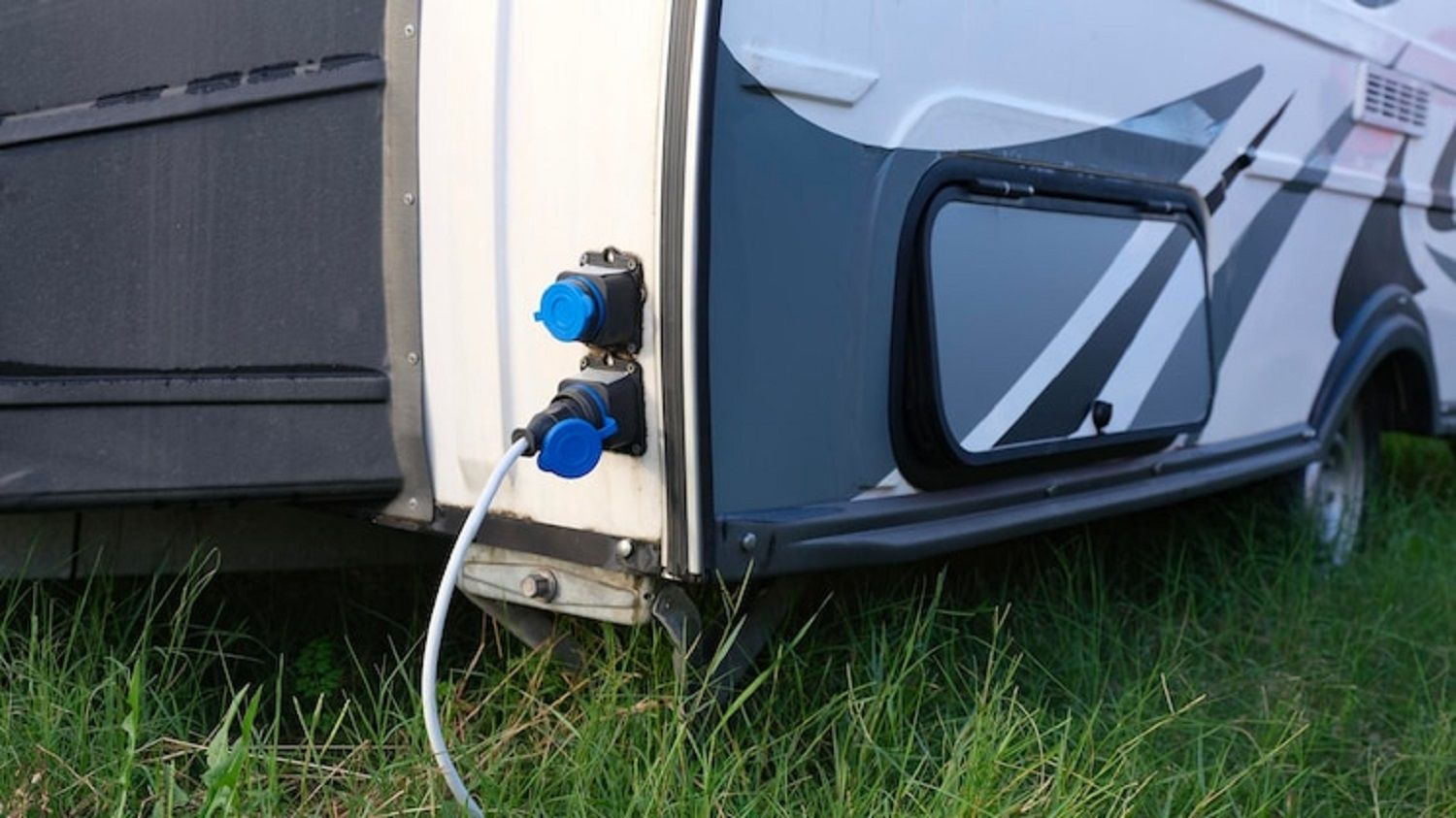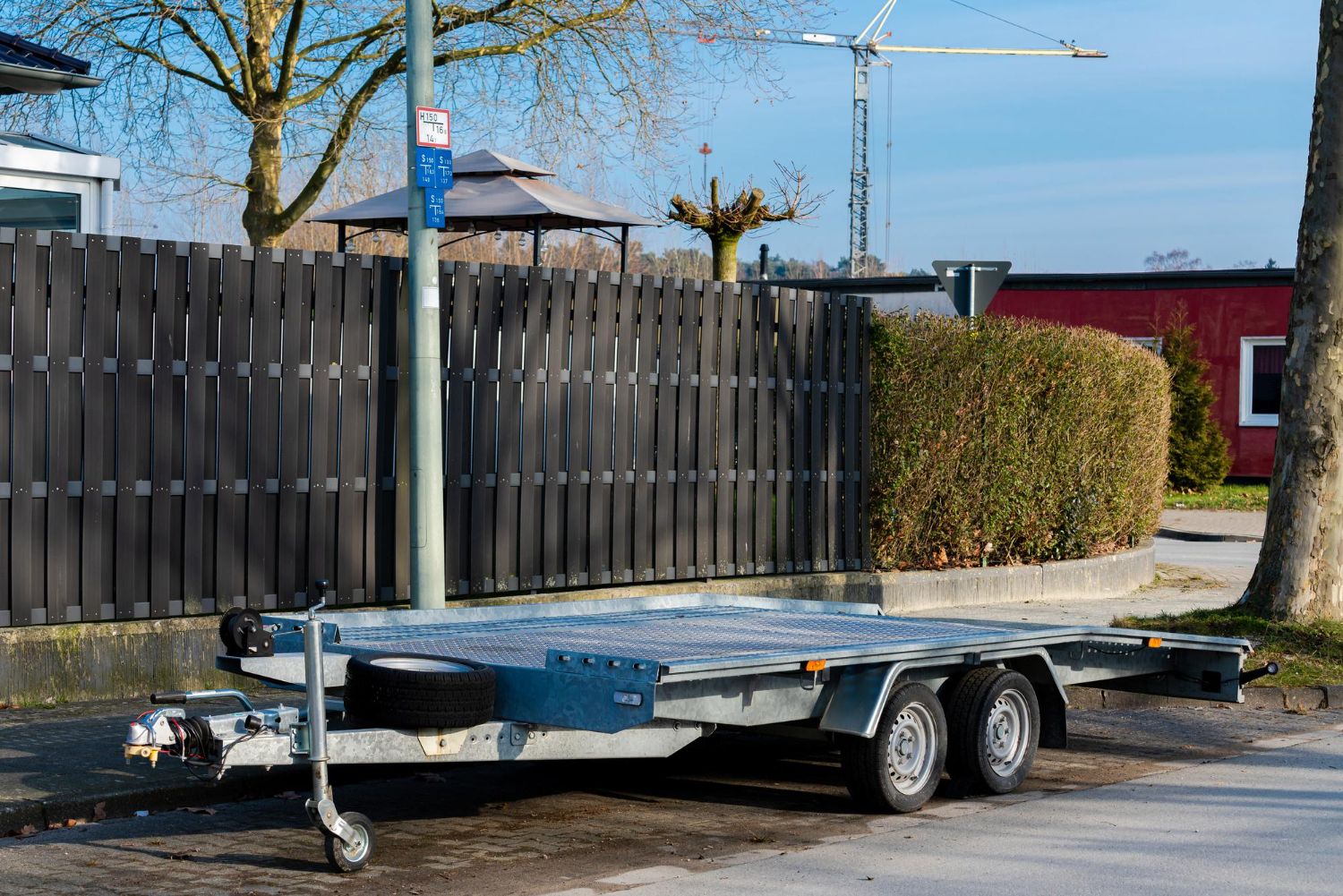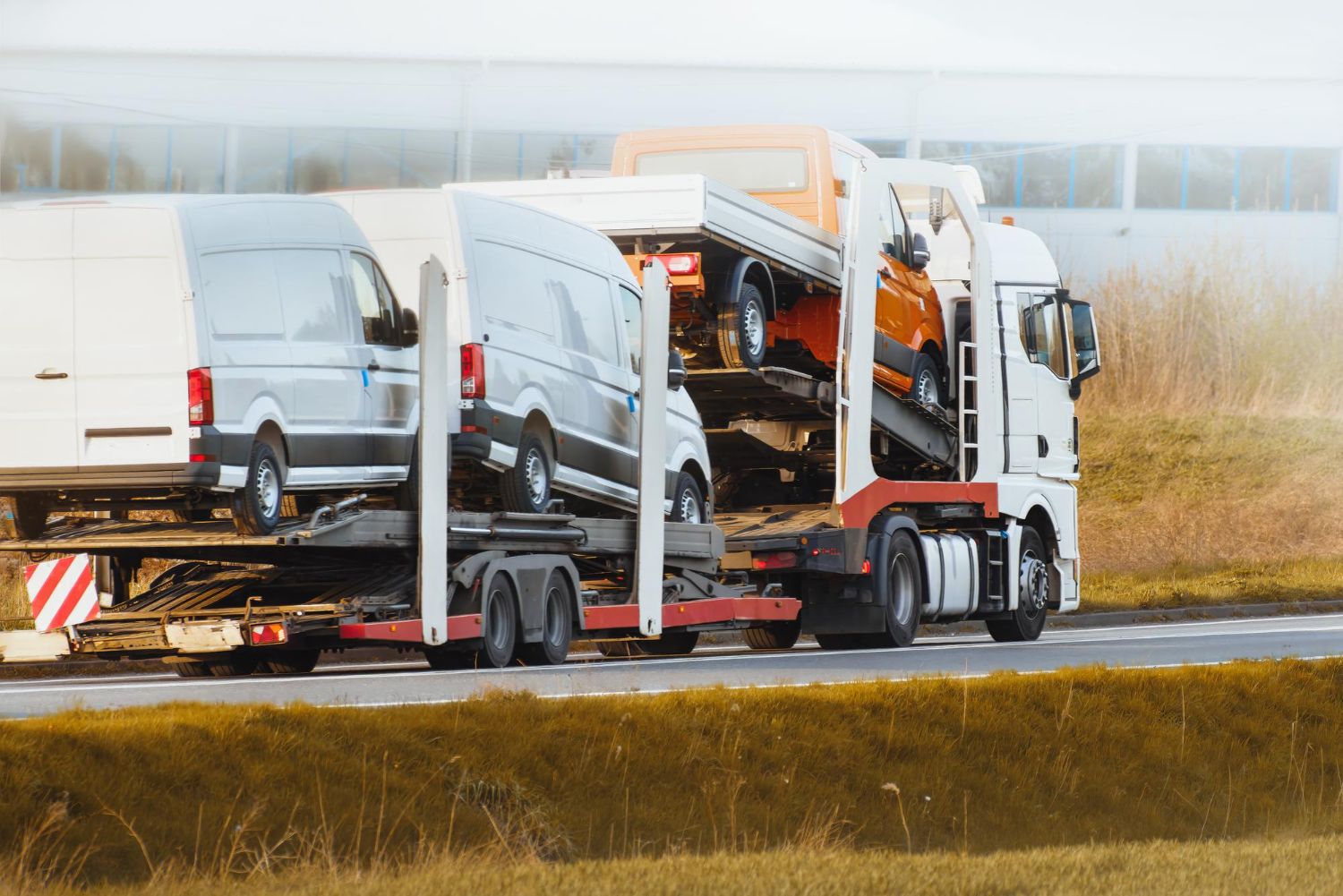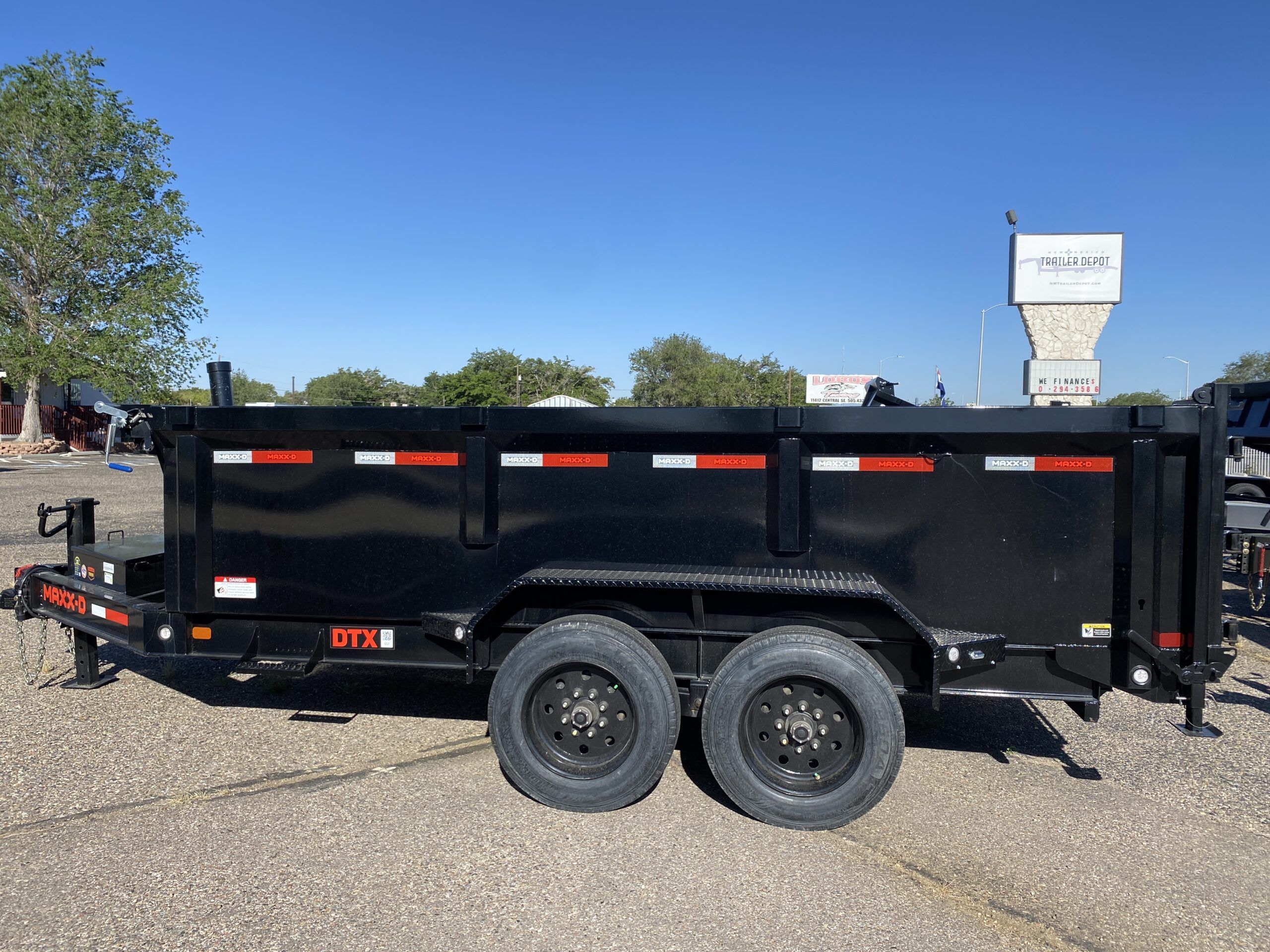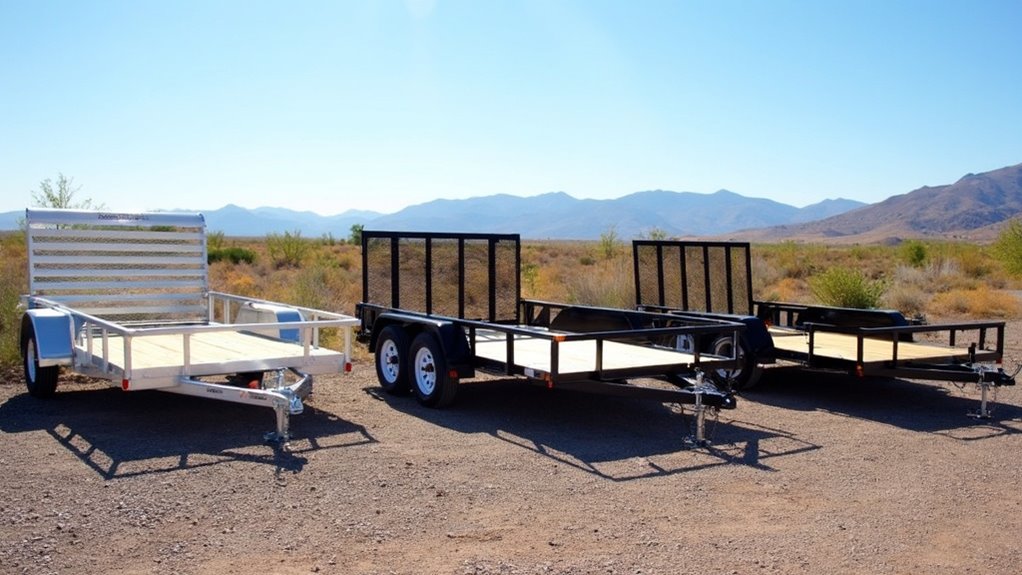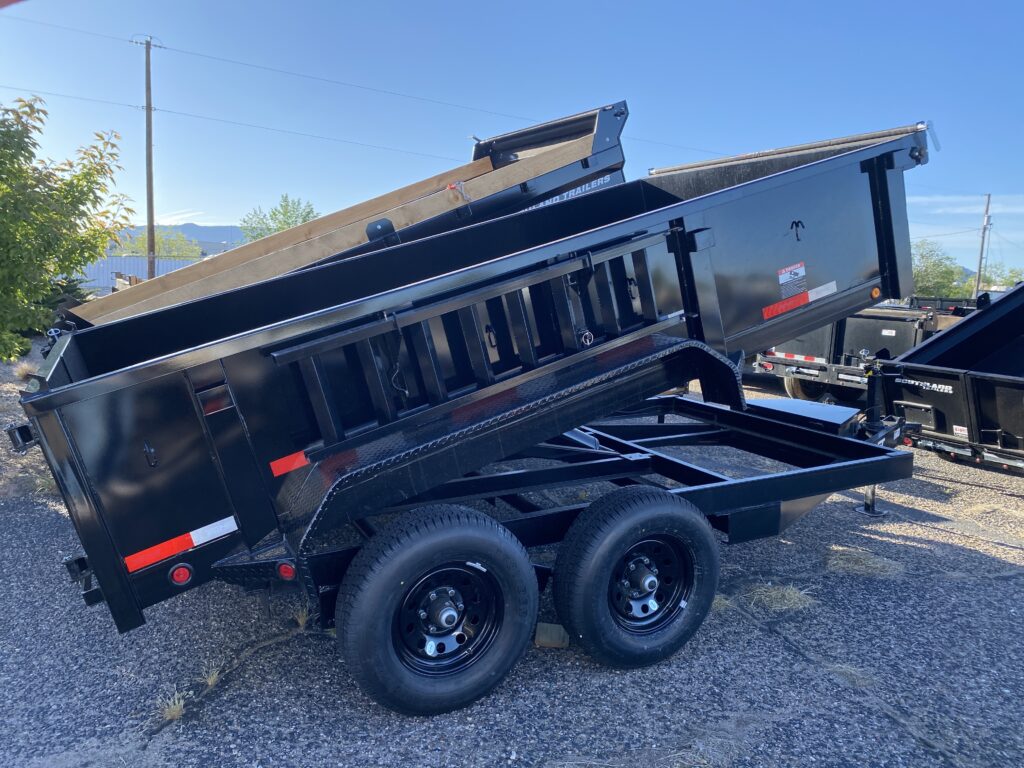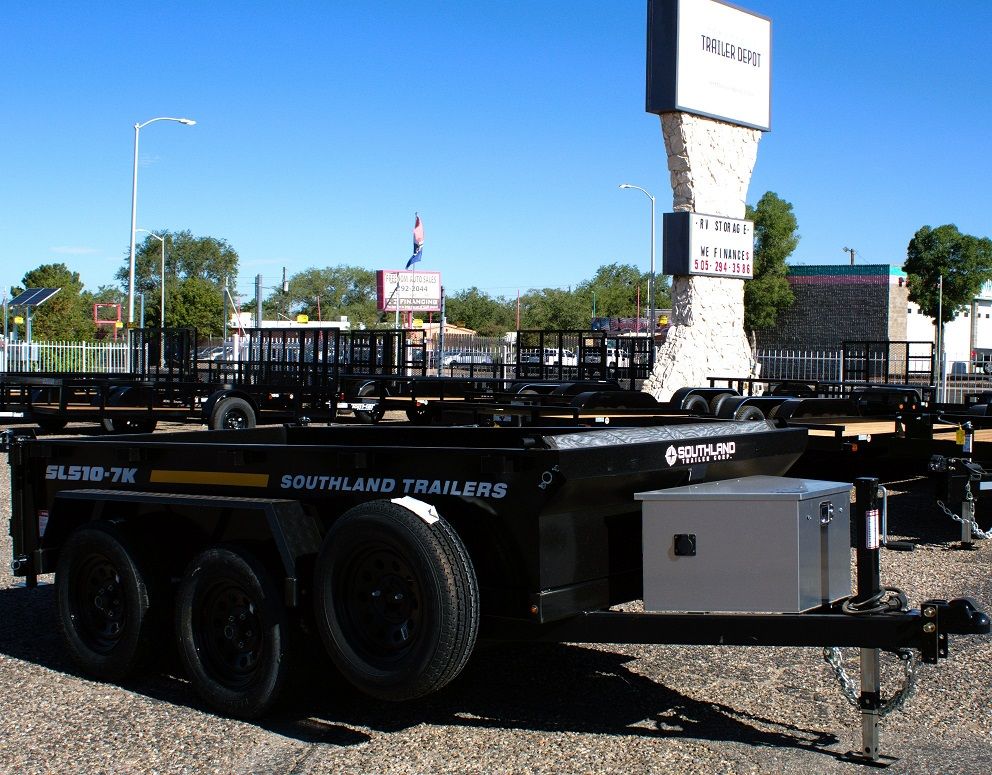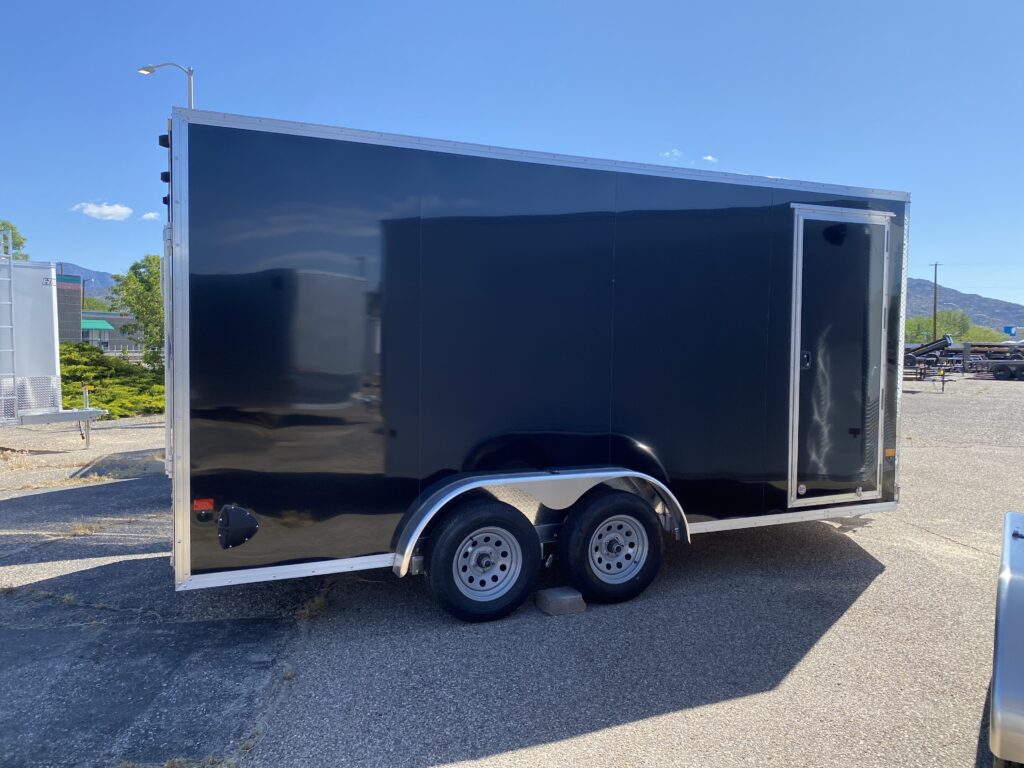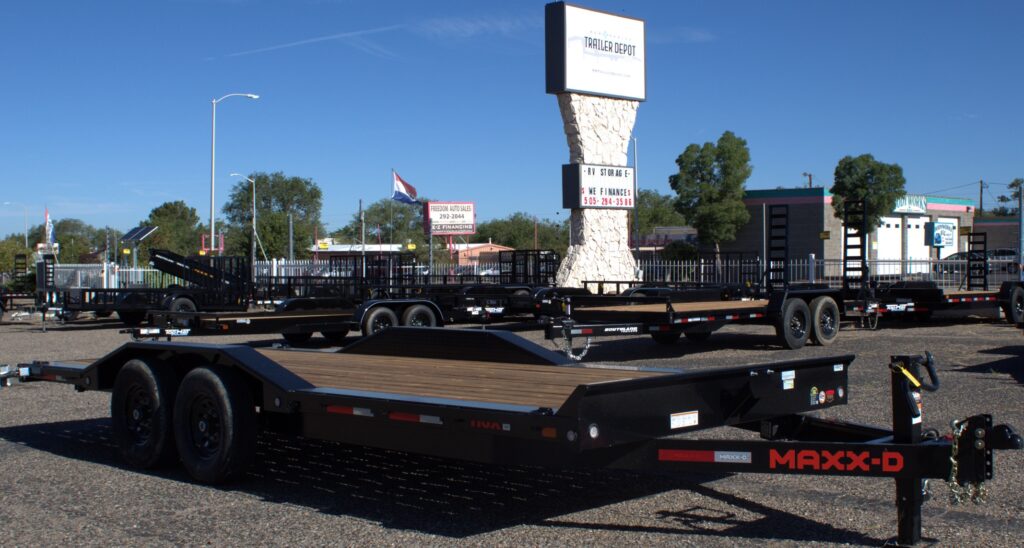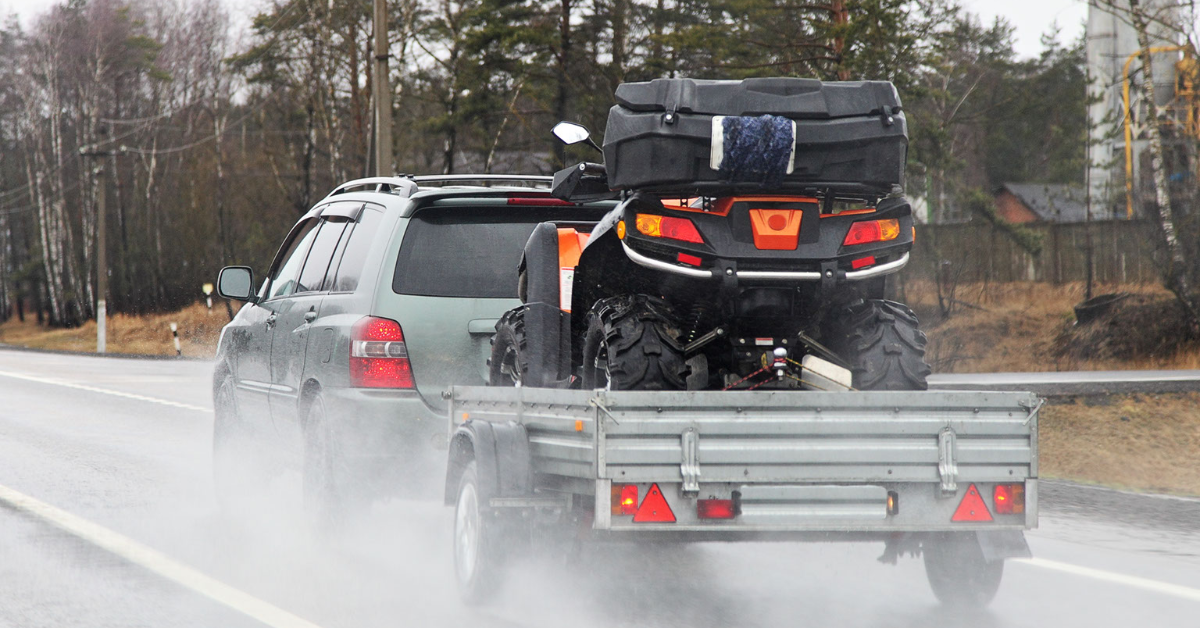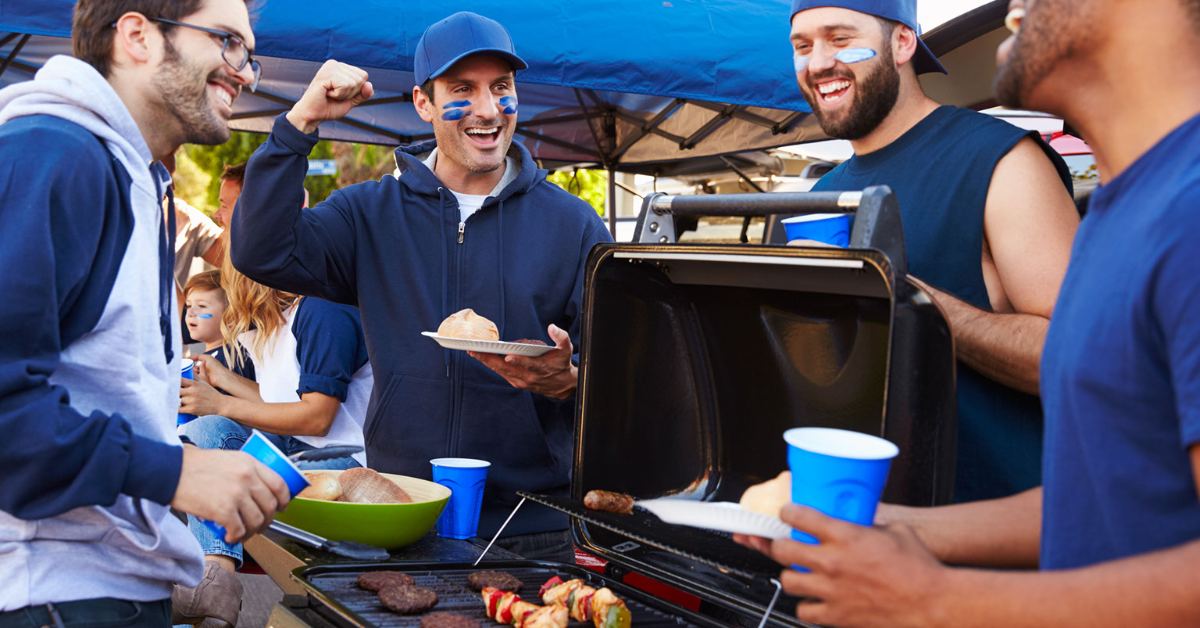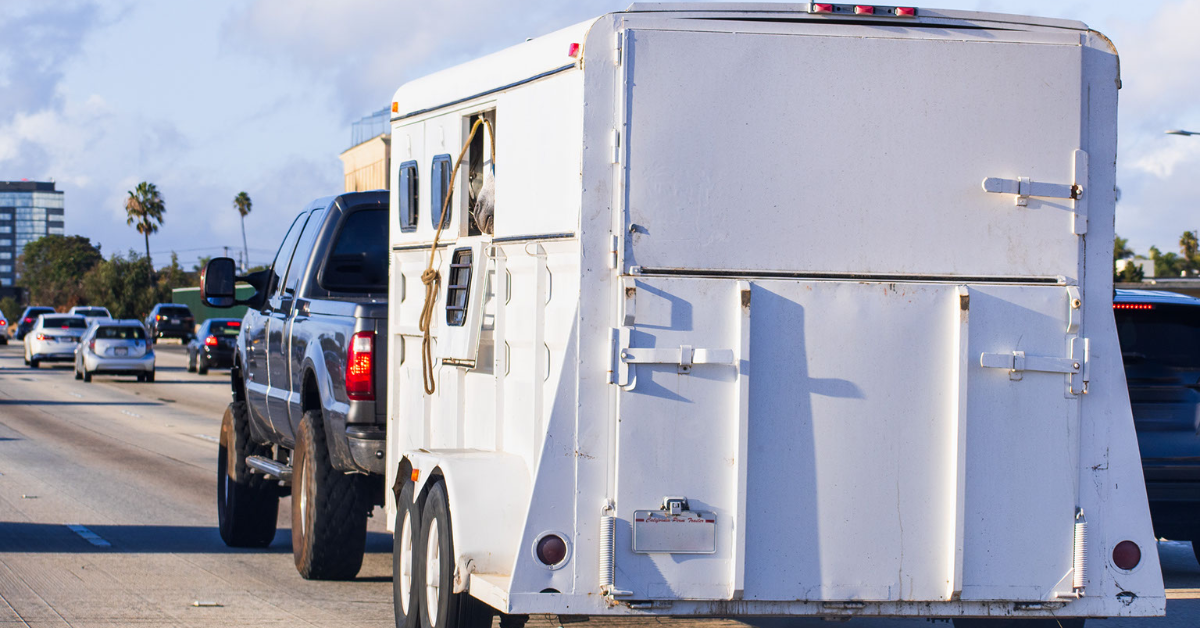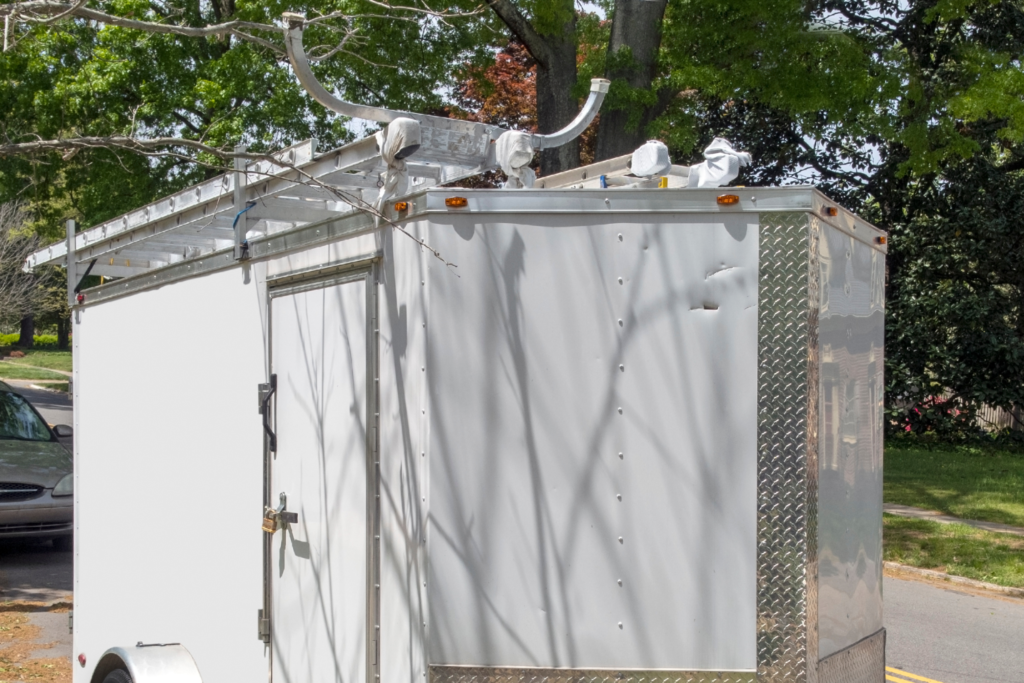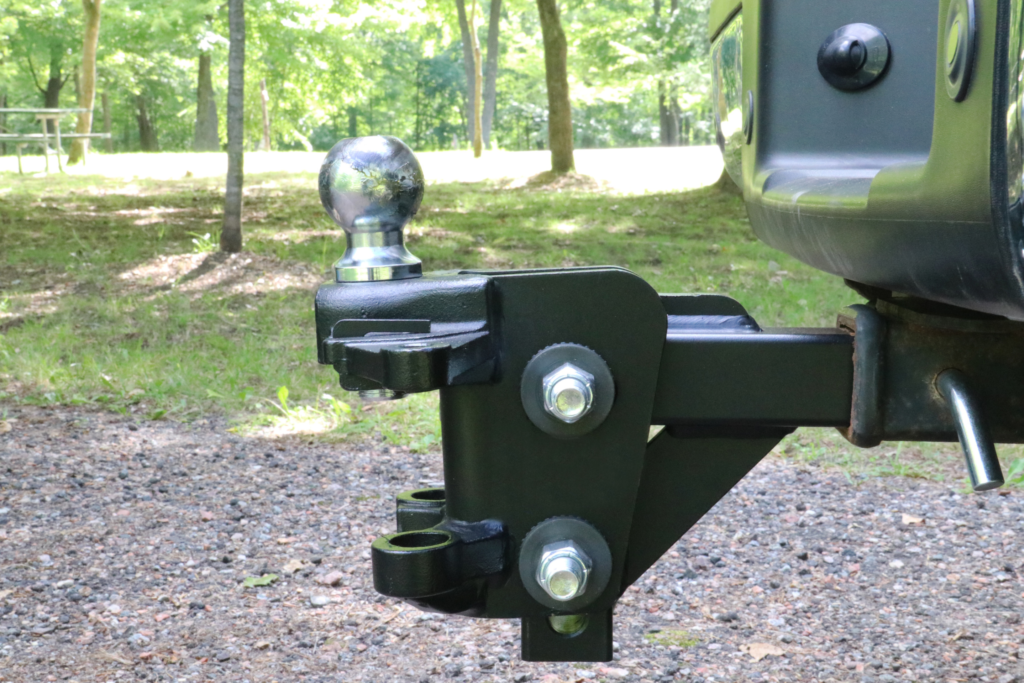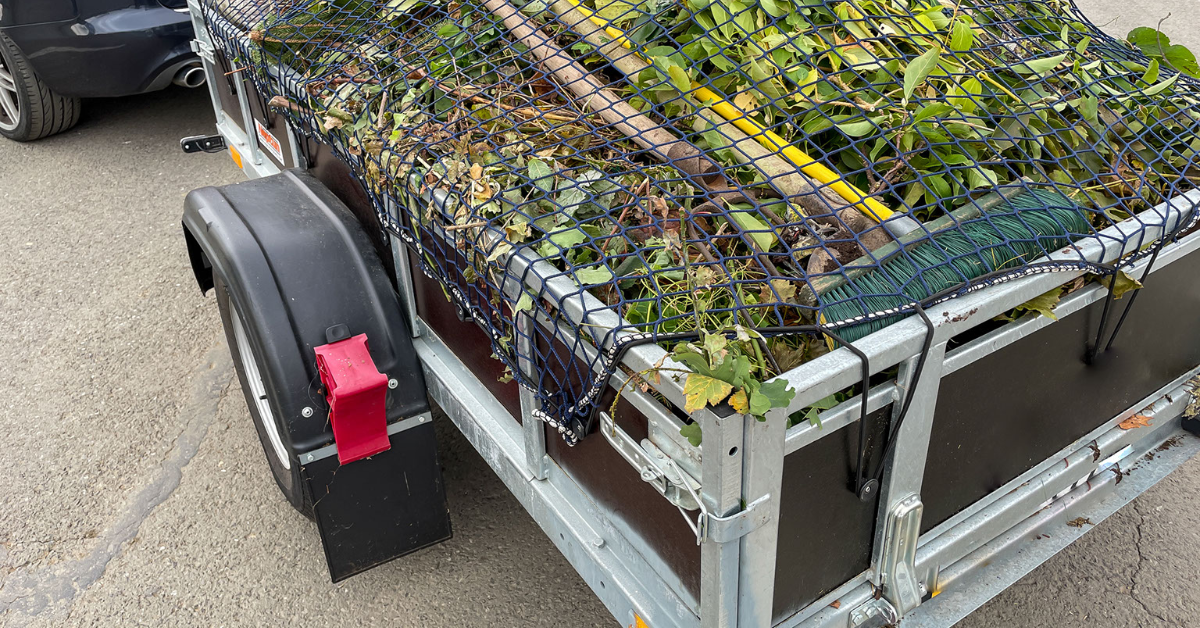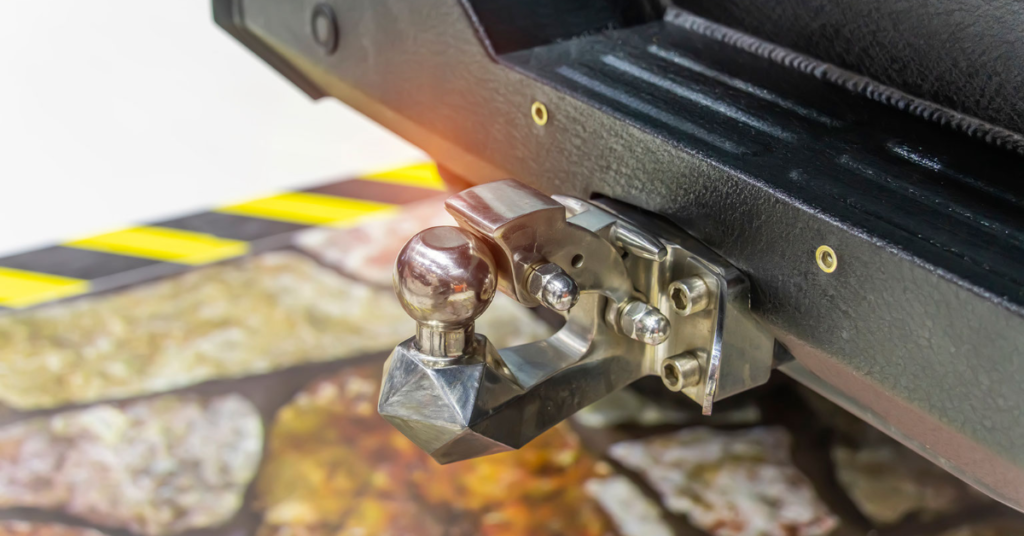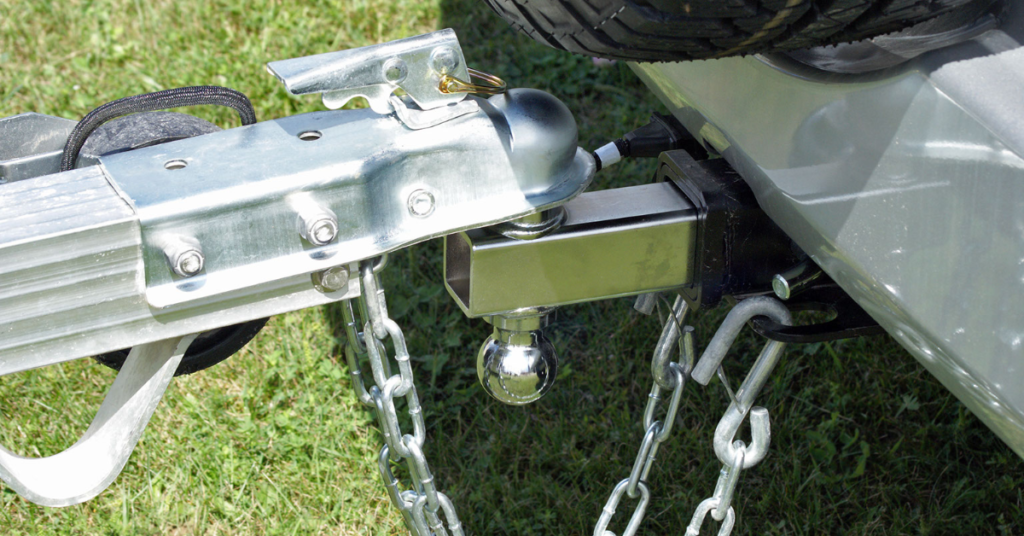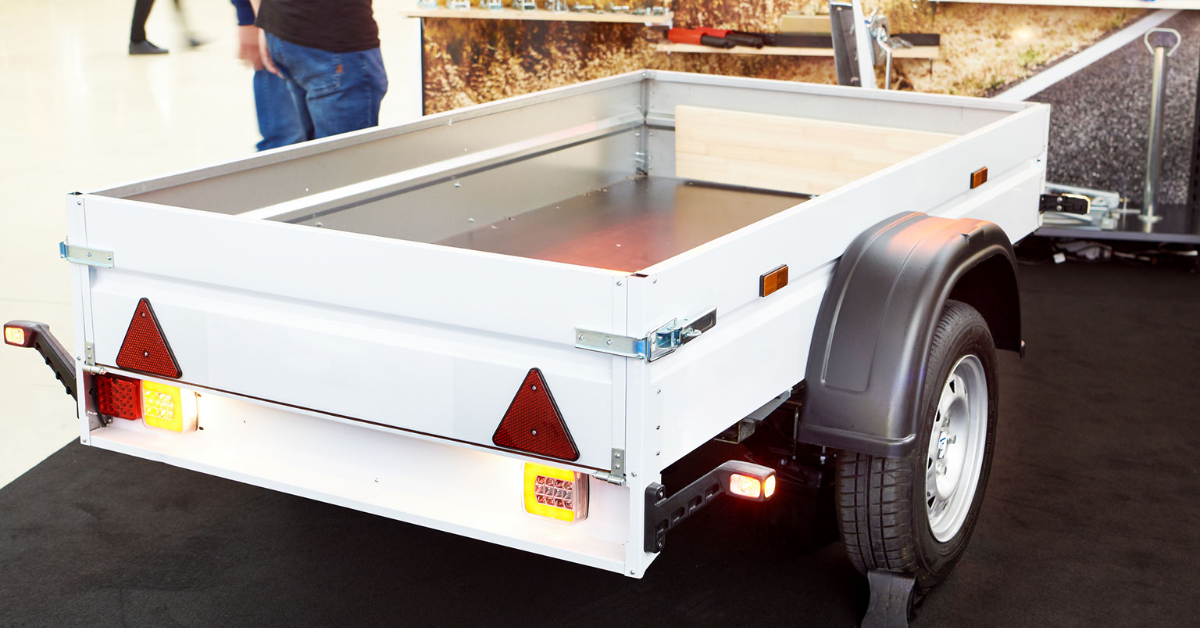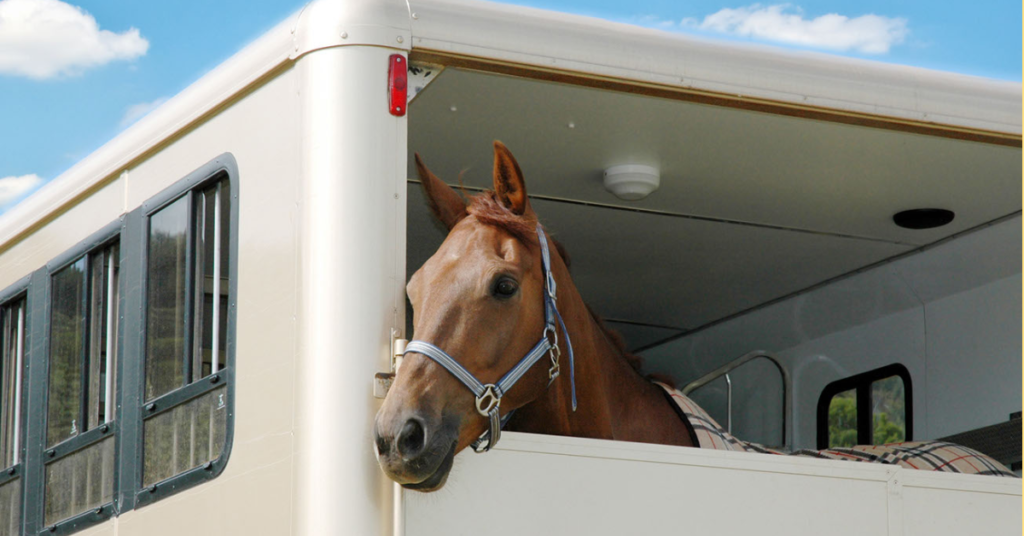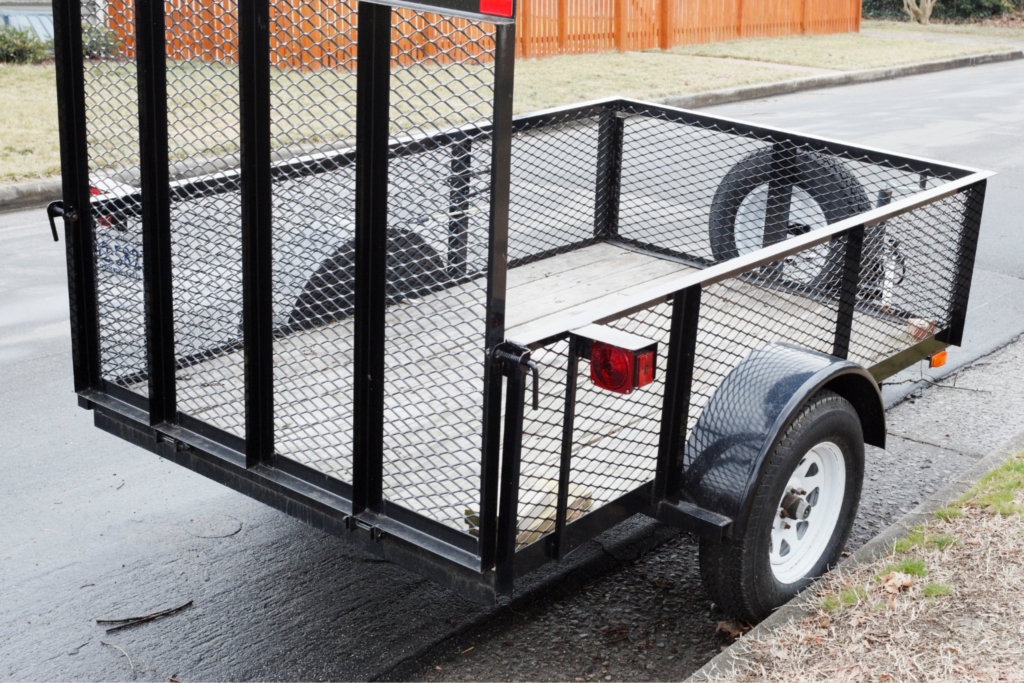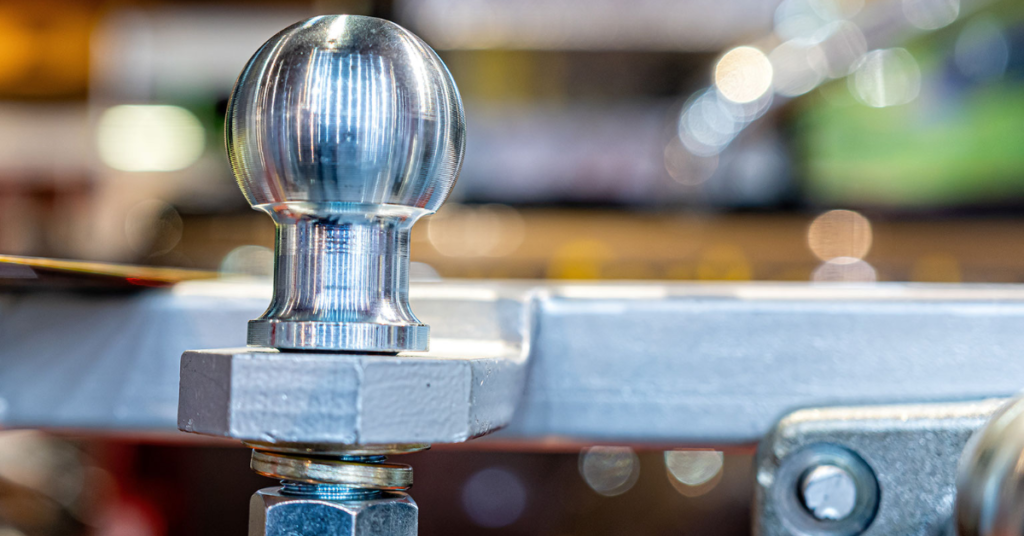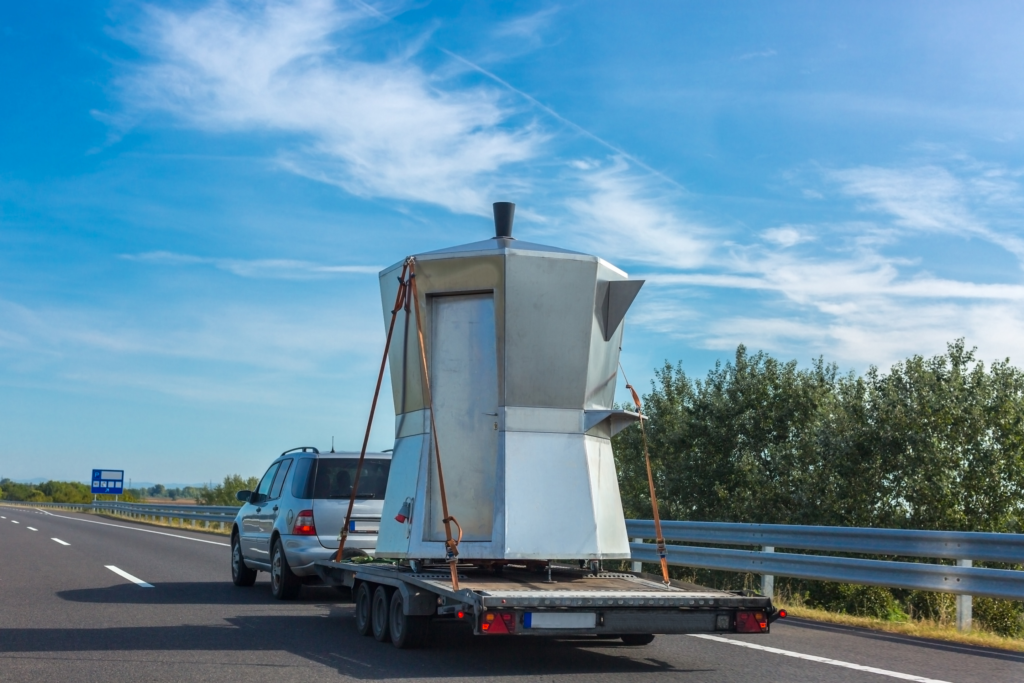You can find many uses for utility trailers in Albuquerque. Hauling equipment or livestock, moving furniture, and disposing of waste or debris from your homestead are just a few ways utility trailers can prove useful.
No matter how you plan to use it, choosing the right utility trailer for the job is important. You’ll want to consider your specific needs, plus construction materials, hitching, safety features, and suspension.
Failure to understand the key factors involved in choosing one can leave you with a trailer that’s too small for your cargo or doesn’t match your towing vehicle’s capabilities.
You can use our ultimate guide to choosing utility trailers in Albuquerque to make the decision-making process easier. In it we discuss:
- How do you choose a utility trailer size?
- What are the available utility trailer types and sizes?
- How are utility trailers in Albuquerque made?
- Are trailer suspension and axle configuration important?
- What are a trailer hitch and coupler?
- What are the brake systems and lighting for utility trailers?
- What are some safety and security considerations?
- How do you budget for a utility trailer?
- How do you choose a utility trailer dealer in Albuquerque?
How do you choose a utility trailer size?
Choosing the right size utility trailer is tricky if you’ve never bought one before. You must consider several factors, including your hauling requirements, the weight and size of the items you plan to haul, and the types of cargo you plan to move with it.
Compatibility with your towing vehicle also matters. One of the biggest rookie mistakes when buying a utility trailer is choosing one that is too large for the towing vehicle to handle.
Assess your hauling requirements
Choosing a utility trailer that aligns with your specific needs and cargo volume saves you money. Appropriately sized trailers avoid unnecessary expenses like damage to your cargo due to inadequate space or overcrowding.
When you visit a dealer, explain how you plan to use your trailer. They can assist with right-sizing so you get the most bang for your buck.
Consider weight and size
Considering the weight and size of the items you plan to transport is critical. The size of the utility trailer affects the weight distribution and how it interacts with your towing vehicle. Safe and stable towing requires proper weight distribution.
Too-small trailers can cause handling issues and potential sway. Likewise, an oversized trailer causes uneven distribution of weight, which affects the towing vehicle’s braking performance and overall stability.
Explore compatibility with the towing vehicle
This is another common rookie mistake when choosing a utility trailer in Albuquerque. Every towing vehicle has a specific towing capacity designated by the manufacturer. Try to tow more than the vehicle is designed for and you can end up straining the engine, transmission, or braking system.
Choosing a utility trailer your towing vehicle can’t handle also compromises your safety on the road. You could lose your brakes or blow out your transmission, potentially leading to injuries for yourself, your passengers, and other motorists on the roadways.
You can find the manufacturer specifications for towing in your owner’s manual. Be sure to discuss them with the utility trailer dealer.

What are the available utility trailer types and sizes?
You have choices when you buy a utility trailer in Albuquerque. The type you choose depends on how you plan to use it. Open trailers are among the most popular but not the only option. Let’s review the three types of utility trailers to help you discover which one is the best fit for your needs.
Open utility trailers
Open utility trailers are popular for their versatility. They feature an open design with a flatbed or deck, allowing for easy loading and unloading of various kinds of cargo.
Their framework typically consists of aluminum or steel. Open trailers come in a variety of sizes and weight capacities.
Some people use them for hauling equipment, construction materials, furniture, and recreational vehicles. If simplicity in hauling is your goal, then an open utility trailer is a good match.
Keep in mind that they don’t offer protection from the elements, so if that’s important for whatever kind of cargo you’re hauling, you may want to consider an enclosed trailer.
Enclosed utility trailers
Enclosed utility trailers lack the versatility of open trailers. However, they have an advantage: they’re weather-proof. Complete with walls, roof, and rear doors, they offer enhanced protection and security for your cargo.
Constructed from materials like aluminum and steel, enclosed trailers provide durability and weather resistance. Your belongings won’t get damaged by dust, rain, UV rays, or the wind during hauling. Sensitive items like electronics and appliances are more suited to this type of utility trailer.
The only downside is some objects may not reasonably fit into an enclosed utility trailer. They may be too wide to fit through the door or too bulky to position in a way that doesn’t cause imbalance during transport.
Specialty utility trailers
Specialty utility trailers serve a particular purpose by catering to specialized hauling needs. They’re built with features and configurations to accommodate specific types of cargo or industries.
Some common examples of specialty utility trailers include:
- Dump trailers have a hydraulic system that allows you to tilt the bed to unload cargo easily. They’re most often used for hauling and unloading bulk materials like construction waste, debris, gravel, sand, or other landscaping materials.
- Equipment trailers handle heavy machinery and equipment with ease, including tractors, skid steers, and excavators. They come equipped with reinforced decks, ramps, and sturdy construction to handle excess weight and provide stability during hauling.
- Livestock trailers include special features like partitions, gates, and ventilation systems to safely transport farm animals and other livestock. They prioritize the comfort and safety of the animals during the move.
- Motorcycle trailers come with special wheel chocks, tie-down points, and ramps to make loading and unloading easier and to provide stability during transport.
How are utility trailers in Albuquerque made?
Utility trailers in Albuquerque are made through a construction process that involves specific materials such as aluminum and steel for durability and strength. The type of materials you choose for your trailer ultimately depends on how you plan to use it.
Let’s break down the individual components to learn more about how they’re made.
Frame materials
Think of the frame of your utility trailer as a backbone. It bears all the weight of the load and provides support to the trailer to carry it safely. The primary materials used in most utility trailer frames are aluminum and steel.
- Aluminum frames use lightweight aluminum alloys that offer corrosion resistance, reduced weight, and improved fuel efficiency. Their lightweight nature makes them easier to tow.
- Steel frames use tubular or channel-shaped steel and offer durability, rigidity, and strength. They’re heavier than their aluminum counterparts, which reduces fuel efficiency and makes them more challenging to operate. However, they’re the most suitable option for safely towing heavy-duty cargo.

Decking options
Decking material provides the surface on which your cargo rests. The choice of decking material depends on several factors, such as load capacity, durability, and maintenance requirements.
Some of the most common decking materials include:
- Aluminum decking is lightweight, corrosion-resistant, and requires minimal maintenance. If you want your trailer decking to last a long time, this is a good option. However, it’s not suitable for hauling heavy equipment.
- Steel decking is the best option if you need to haul heavy equipment or other cargo that requires extra support. One of the downsides is that steel decks require more maintenance to prevent corrosion and rust.
- Wood decking is a traditional option found in many utility trailers. It’s typically made from pressure-treated lumber or hardwood planks for strength and weather resistance. Wood decking is easy to repair or replace as needed, making it a popular choice.
Walls and sides
Enclosed utility trailers come with walls and sides. Various materials are used, including aluminum and steel. Aluminum is popular because it’s lightweight and resists corrosion. Another benefit is aluminum’s durability.
Steel sheets are used when you need extra strength and rigidity for protecting cargo. Like steel decking, they require more maintenance to prevent corrosion and rust.
Wheels, suspension, and axels
The last components of utility trailers are the wheels, suspension, and axles. Each contributes to maneuverability and stability. Typically, these parts consist of steel and other metals chosen for their strength and load-bearing capacity.
- Axels are typically constructed of steel and come in a variety of configurations. They provide support, weight distribution, and a connection point for the wheels.
- Suspension systems absorb shocks and vibrations during towing. Leaf springs and torsion axles are common suspension systems used in utility trailers. They’re typically made of steel and other durable materials to ensure a smooth and controlled ride.
- Wheels consist of aluminum alloy or steel. They support the weight of the trailer and provide a reliable connection to the road.
Are trailer suspension and axle configuration important?
Trailer suspension and axel configuration play crucial roles in the performance, stability, and safety of utility trailers. They impact the trailer’s load-carrying capacity, towing characteristics, and ability to handle different terrains.
Single axel vs. tandem axel utility trailers
One of the most common questions about utility trailer suspension systems is whether a single axel or tandem axel is better. Let’s explore the benefits and drawbacks of each to help you decide which one best suits your needs.
- Single-axel trailers have one axel positioned centrally underneath the trailer. Commonly used for lighter loads and smaller trailers, they make the unit more maneuverable and easier to tow. The disadvantage of a single axel is it reduces the load-carrying capacity.
- Tandem axel trailers have two axles placed closely together. This system provides better weight distribution and increased load-carrying capacity. The enhanced stability and control it provides make it ideal for heavier loads. One of the disadvantages of tandem axel trailers is they require more maintenance.
Suspension systems
Utility trailers generally include one of three types of suspension systems. Each provides unique characteristics. Choosing the appropriate suspension and axel configuration depends on how you plan to use the trailer, load requirements, towing vehicle capacity, and desired ride quality.
Explore them all before deciding which one best fits your hauling needs.
- Air ride suspension uses filled bags for cushioning. It’s highly adjustable, adapting easily to load weights and road conditions. It provides a smoother ride by reducing vibrations and minimizing the stress on the trailer and its cargo. It’s the best option if you plan to transport fragile or sensitive cargo.
- Leaf spring suspension is a cost-effective suspension system for utility trailers. It uses multiple stacked metal leaves that flex to absorb shocks and vibrations. Leaf springs provide good load-carrying capacity, stability, and durability. They’re easy to maintain and handle varying weight loads.
- Torsion axle suspension uses a rubberized torsion arm system to provide support and absorb shocks and vibrations. They offer a smoother ride, improved stability, and better shock absorption. They require less maintenance compared to leaf springs.

What are a trailer hitch and coupler?
A utility trailer hitch and coupler are essential components that make the connection between your towing vehicle and your trailer.
You’ll want to consider hitch classes and towing capacities, plus the types of trailer couplers that work with both your towing vehicle and trailer.
Hitch classes and towing capacities
Utility trailer hitches mount to the towing vehicle and provides a connection point for attaching the trailer. Located at the rear of a vehicle, they’re designed to hold the weight of the trailer safely and securely.
Hitches allow for movement between the towing vehicle and the utility trailer while maintaining a stable connection.
Some types of trailer hitches include:
- Ball hitches are the most common type of trailer hitch. They get their name from their ball-shaped coupler mounted on the rear of the towing vehicle. The coupler connects to the ball hitch, allowing for easy attachment and removal.
- Fifth-wheel hitches work with heavy-duty utility trailers. They use a kingpin and hitch mounted in the bed of the towing vehicle. The kingpin connects to the fifth wheel hitch, providing a secure and stable connection.
- Gooseneck hitches share similarities with fifth-wheel hitches. However, they differ in their coupling mechanisms. Goosenecks use a ball and coupler setup mounted in the bed of the towing vehicle. The trailer’s gooseneck coupler then connects to the hitch, offering increased stability and weight-carrying capacity.
Trailer couplers
Utility trailer couplers are the counterpart to the hitch. They’re mounted on the front end of the utility trailer to provide a connection point that joins the towing vehicle and the trailer.
Couplers are designed to securely latch onto the hitch to ensure a strong and safe connection between the towing vehicle and the utility trailer.
Trailer couplers often include a latch mechanism that locks onto the hitch to prevent accidental detachment during transit. It can serve as a locking mechanism to enhance security when the trailer is parked or unattended.
Make sure you verify the compatibility of a trailer hitch and coupler with your towing vehicle and trailer before buying.
What are the brake systems and lighting for utility trailers?
Brake systems and lighting are important safety features of all utility trailers in Albuquerque. They ensure your control over the movement of the trailer and improve your visibility with other motorists. It’s important to choose a brake system that aligns with your intended use for the trailer.
When choosing between brake systems, consider factors such as the trailer’s weight capacity and towing conditions.
Among the brake systems for utility trailers:
- Electric brakes rely on an electrical system to activate the trailer’s brakes. A controller is installed in the towing vehicle, which sends an electrical signal to the trailer’s brake system when the vehicle’s brakes are applied. Electric brakes provide precise control over the braking force, allowing you to match the trailer’s braking intensity to match the towing conditions and cargo weight. Flexibility is important for sudden braking situations, which can occur on some of Albuquerque’s busier roadways.
- Surge brakes rely on hydraulic pressure to use the trailer’s momentum to activate the brakes. When the towing vehicle decelerates or brakes, the forward motion of the trailer pushes against a surge coupler, activating the hydraulic master cylinder. The cylinder then applies pressure to the trailer’s braking system. Surge brakes are more common in smaller utility trailers and recreational trailers.
Utility trailers have lighting components that improve your visibility, compliance with traffic regulations, and safety while on the road.
Your utility trailer comes equipped with trailer lighting and writing that includes:
- Taillights at the rear of the trailer reveal the presence and width of your trailer to other drivers. When the towing vehicle’s headlights come on, it activates the trailer’s taillights.
- Brake lights are an essential safety feature that activates when the towing vehicle’s brakes are applied. They let other drivers know you’re slowing down or completely stopping.
- Turn signals at the rear of the trailer indicate which direction you’re turning to other drivers. They work in synchronization with the towing vehicle’s turn signals.
- Marker lights run down the side of the trailer on both sides to improve visibility and ensure safe passing and lane changes.
- License plate lights comply with traffic regulations to help you avoid potential fines while operating your trailer. All trailers have a separate license plate from the towing vehicle.

What are some safety and security considerations?
When buying a utility trailer in Albuquerque, it’s important to prioritize safety and security. Some key factors to keep in mind include trailer loading and weight distribution and securing your cargo on the utility trailer.
- Trailer loading and weight distribution. Ensure you understand your trailer’s maximum load capacity and follow it. Overloading compromises the trailer’s stability, braking performance, and overall safety. Distribute the weight of the cargo evenly to maintain proper balance.
- Trailer maintenance and inspection. Regularly inspect your trailer for any signs of wear or tear that can compromise its safe operation. Tire condition, lighting functionality, and brake system operation are important parts of the inspection process. Follow all manufacturer’s maintenance guidelines.
- Securing cargo on the utility trailer. Use proper tie-down straps, ratchet straps, and cargo nets to secure the load. Make sure cargo can’t shift or get loose during transport. Double-check the cargo’s security at regular intervals during the journey.
- Theft prevention measures. Wheel, coupler, and hitch locks can deter utility trailer theft. These devices make it difficult for thieves to connect or tow away your trailers.
How do you budget for a utility trailer?
When budgeting for a utility trailer, it’s important to consider several factors. Your needs, preferences, and financial situation all play a role in the process. Here are some tips to help you create a budget and find options that fit your parameters.
Setting your budget
Setting a budget is the first part of the buying journey. Only you know how much you can comfortably spend on a utility trailer. If you have excellent credit, borrowing from a lender can help you fund your new purchase. We’ll talk about that in more detail later.
To set a budget, consider your overall financial situation, including income, expenses, and other financial obligations. Be realistic and set a budget that aligns with your needs and available resources.
Considering new vs. used utility trailers in Albuquerque
Limited budgets require creativity. One of the ways you can get a quality trailer that fits your hauling needs without stretching your finances to the max is by considering a used utility trailer over buying a new one.
Used trailers are more affordable and sometimes come with extended warranties that protect your investment. If you decide to go with a used trailer, inspect it to determine if it needs any repairs or has other maintenance concerns.
Financing options
Explore your financing options if you need assistance buying a utility trailer. Research loans, interest rates, and repayment plans offered by banks, credit unions, and trailer dealerships.
New Mexico Trailer Depot provides customers with several options for financing.
- Trailer Solution Financial is the best option for those with a credit score of 570 or higher who prefer consumer lending. A 10% down payment and documentation fee are required at signing to qualify for this loan.
- Mazo Financial is the best option for those with a credit score of 570 or higher who want a business loan. Mazo works with established businesses and startups.
- ClickLease offers lease-purchase agreements with only a soft credit check that doesn’t impact your credit score. They accept customers with credit scores as low as 500.
How do you choose a utility trailer dealer in Albuquerque?
Looking for utility trailers in Albuquerque can feel like a daunting task. If you’re unsure of where to start, consider the following to help you find the right dealer.
- Ask for recommendations from family, friends, and other acquaintances. They can guide you in the right direction by offering their experience with area dealers.
- Read reviews online from other customers for any dealer you’re considering. Don’t just look for the 5-star reviews. Look for how dealers respond to dissatisfied customers. It gives good insight into the kind of customer service they provide.
- Visit utility trailer dealers in Albuquerque that made your list of potential places to buy. Look at their products and explore how they handle customer service.
Need some help choosing the best utility trailer for your needs? Stop by our dealership and ask to speak with one of our team members. We’re always happy to help!
